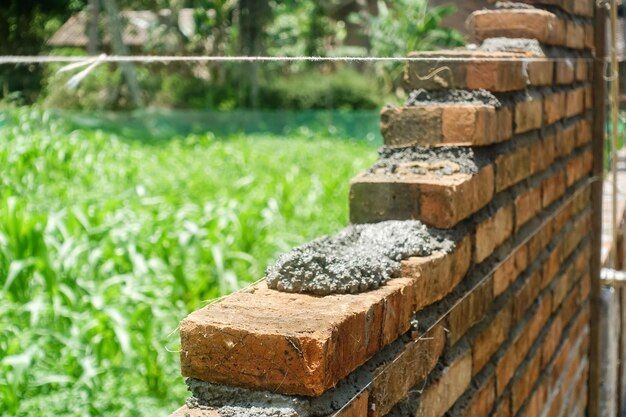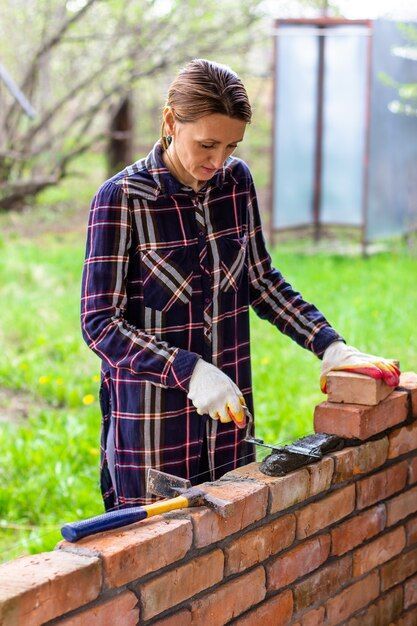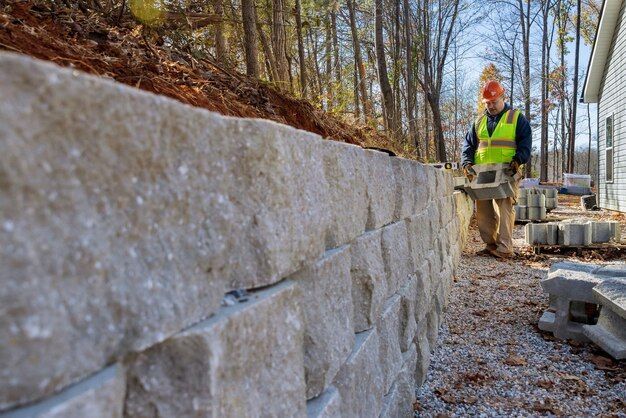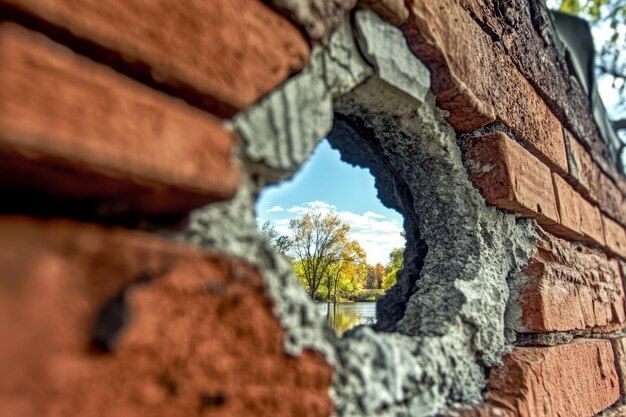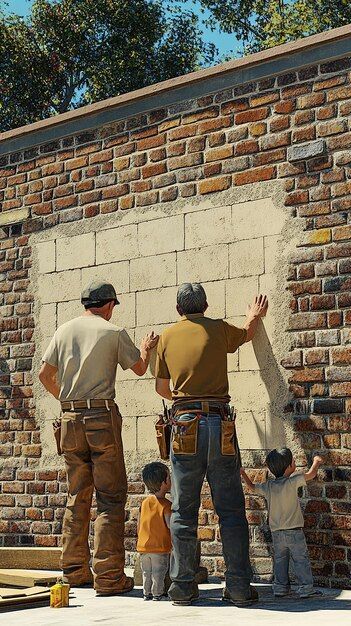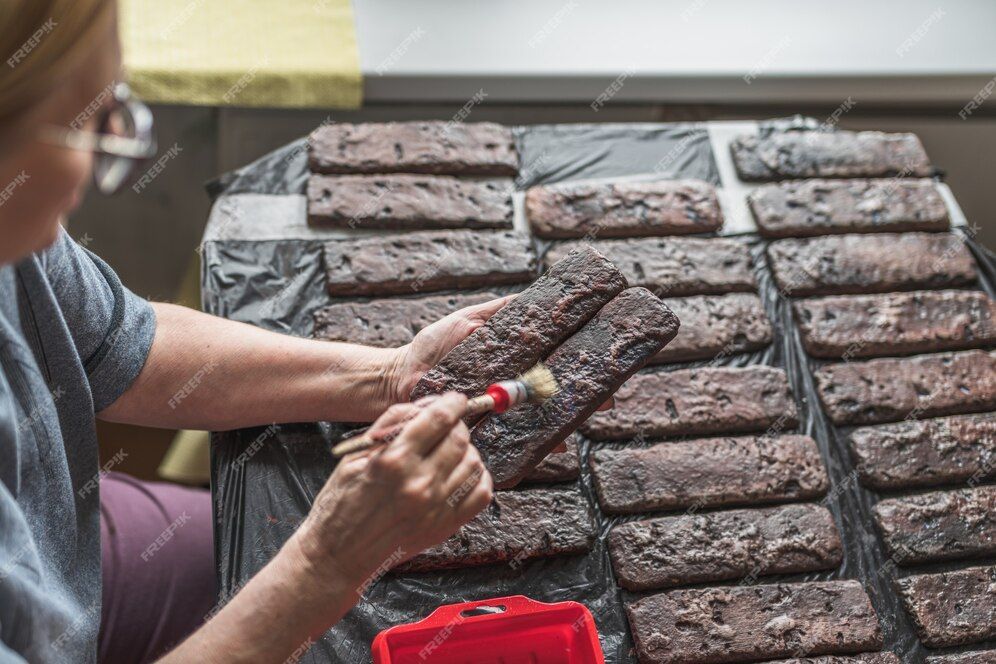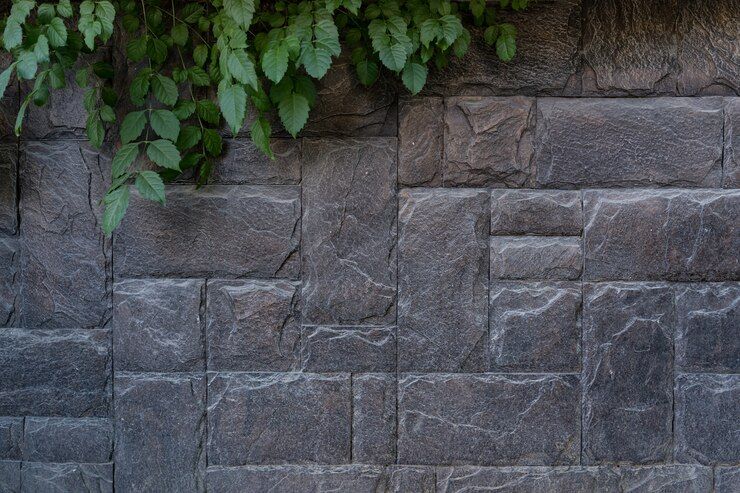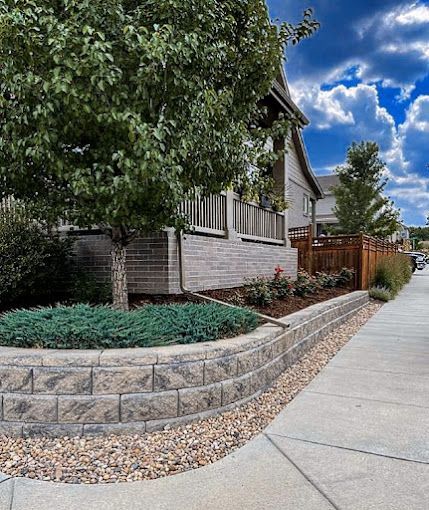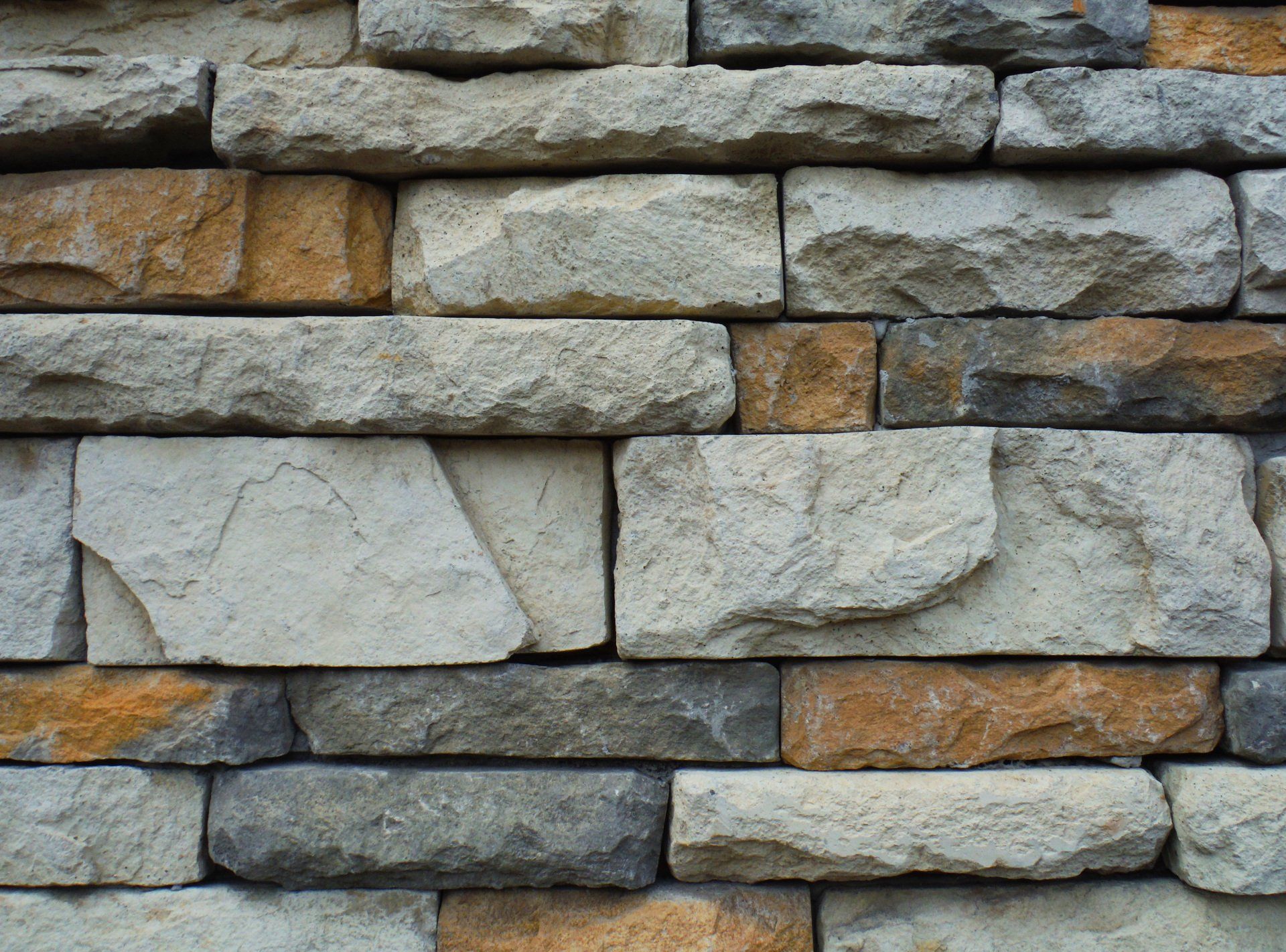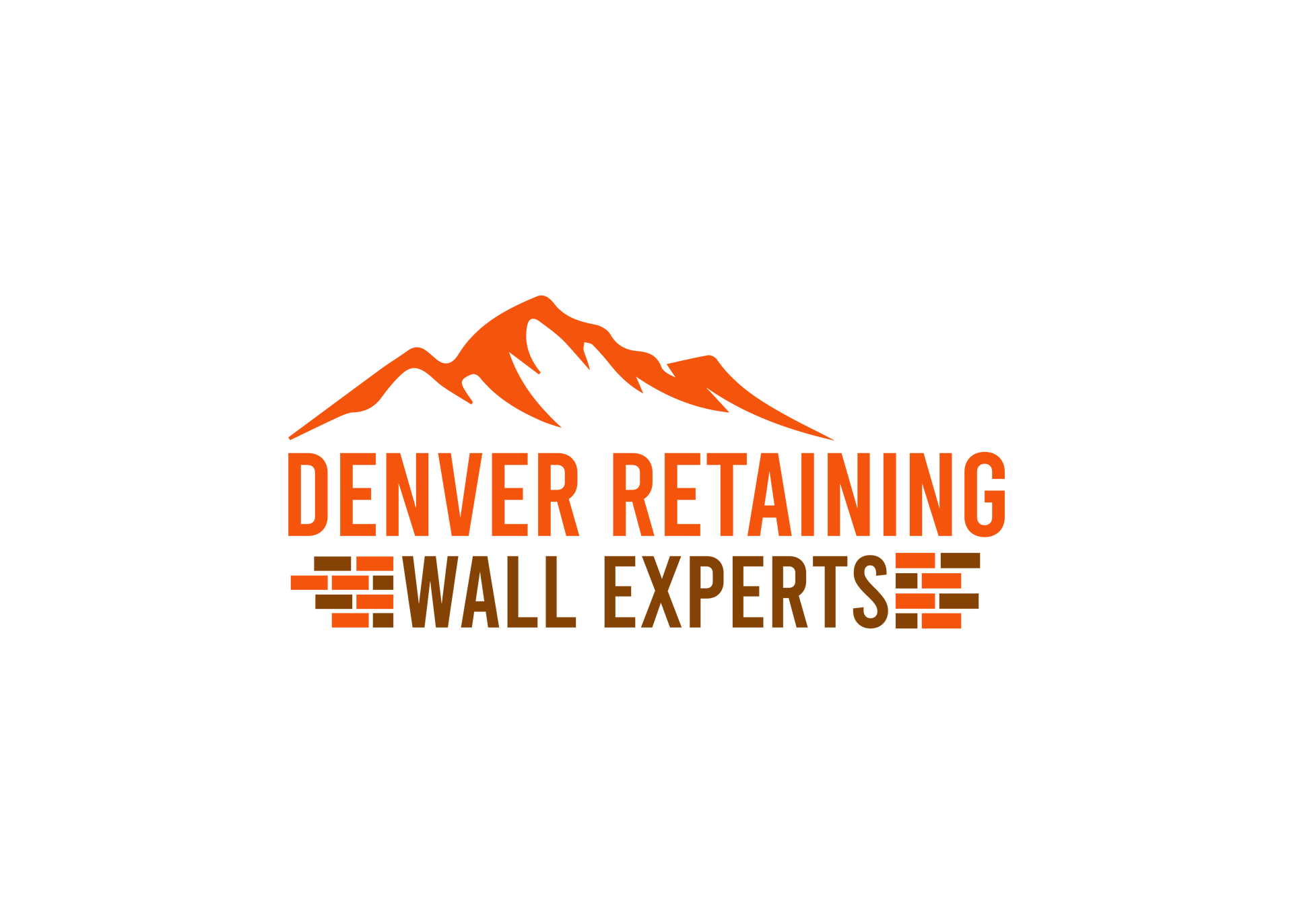Why Do Denver Retaining Walls Collapse: Key Factors You Must Understand
Ever wondered why that sturdy-looking retaining wall gave up and collapsed unexpectedly? It might seem like a mystery. But the reasons are quite common. Let's break down why retaining walls in Denver sometimes fail and what you can do about it.
Poor Drainage (The Silent Wall Killer)
One of the main reasons retaining walls collapse is poor drainage.
Imagine a balloon filled with water. The pressure builds up until it pops. That’s what happens when water gets trapped behind a retaining wall. The soil gets heavy, increasing the pressure on the wall. If there's no proper drainage system to let water escape, the wall starts to crack, bulge, and eventually collapse.
Quick Fix: Use gravel backfill and drainage pipes to let water escape. That reduces pressure on the wall. This simple measure can extend the life of your wall by years!
Weak Foundations & Building on Shaky Ground
Denver’s soil can vary greatly. It is challenging to ensure stable foundations for retaining walls. Let’s say your foundation isn’t set deep enough. Or the soil isn’t adequately compacted. Your wall may settle unevenly over time.
Picture a giant Lego tower placed on a sandy beach. Without a solid base, it wobbles and tips over. This is what happens when the foundation isn't stable enough. Proper foundation design is crucial to prevent this.
Tip: Ensure your contractor digs deep enough and compacts the soil well. This should be done before starting the wall. Investing in a strong foundation pays off in the long run.
Overloading the Wall
Denver Retaining walls Expert are designed to handle a specific weight load. Adding unexpected weight, like heavy plant pots, vehicles, or extra landscaping, can push the wall beyond its limit. Imagine stacking too many books on a flimsy shelf; it eventually gives way. Similarly, adding extra weight behind the wall can cause it to crack or even topple over.
Solution: Avoid placing heavy objects near the wall’s edge. If you need to add weight, consult an engineer to ensure the wall can handle it.
Improper Design or Materials
Not all retaining walls are created equal. And the type of wall you choose matters. A common mistake is selecting the wrong materials for the job. For example, while a dry-stack stone wall.
It might look charming. But it's not the best option if you need to hold back saturated soil. Each wall type, whether it’s a gravity wall, cantilever wall, or anchored wall, has specific uses. Picking one depends on soil type, height, and load-bearing requirements.
Pro Tip: Always consult with a professional to determine the right materials. Plus, choose the right design based on your specific needs.
Soil Type and Erosion
Not all soils are the same. Especially in Denver. Some types, like clay, expand when wet and shrink when dry. This creates movement behind the wall.
Over time, this constant shift can weaken the wall's structure. Erosion is another sneaky problem. Water washing away the soil supporting the wall can make it unstable, leading to a sudden collapse.
Pro Insight: Choose a soil type that drains well and consider using geogrid reinforcements for added stability. These materials act like an underground net, holding the soil together better.
Subpar Construction
Many retaining wall issues stem from poor construction practices. Some builders use cheap materials. They skip crucial steps like adding reinforcement and fail to account for local soil conditions. That wall is almost guaranteed to fail. It’s like building a house with no screws. Everything might look good at first. But it won’t last.
Advice: Always hire experienced professionals. Know that they understand the unique challenges of Denver’s Retaining Wall terrain. Spending a little more upfront can save you from massive repair costs.
Lack of Maintenance
Just like cars need oil changes, retaining walls need regular check-ups. Ignoring small cracks or slight leaning can lead to bigger issues. Over time, even minor problems can snowball into a major collapse. This costs way more in repairs than simple maintenance would.
Maintenance Tips: Inspect your wall regularly, especially after heavy rain or snow. Look for cracks, bulges, or any sign of shifting. Fix small problems early to avoid a complete overhaul later.
Conclusion: Don’t Let Your Wall Fail!
Retaining walls are an investment. An investment in your property’s safety and aesthetics. Knowing the causes of failure can help you build a stronger wall. Plus, you’d maintain it well.
Need professional help with your retaining wall in Denver? Contact Denver Retaining Wall Experts for a free consultation. We will build and repair your walls that stand strong against unpredictable weather.
